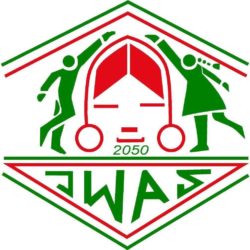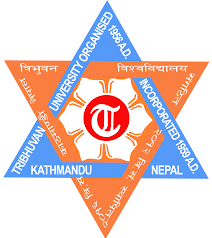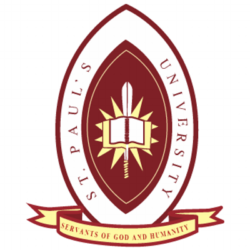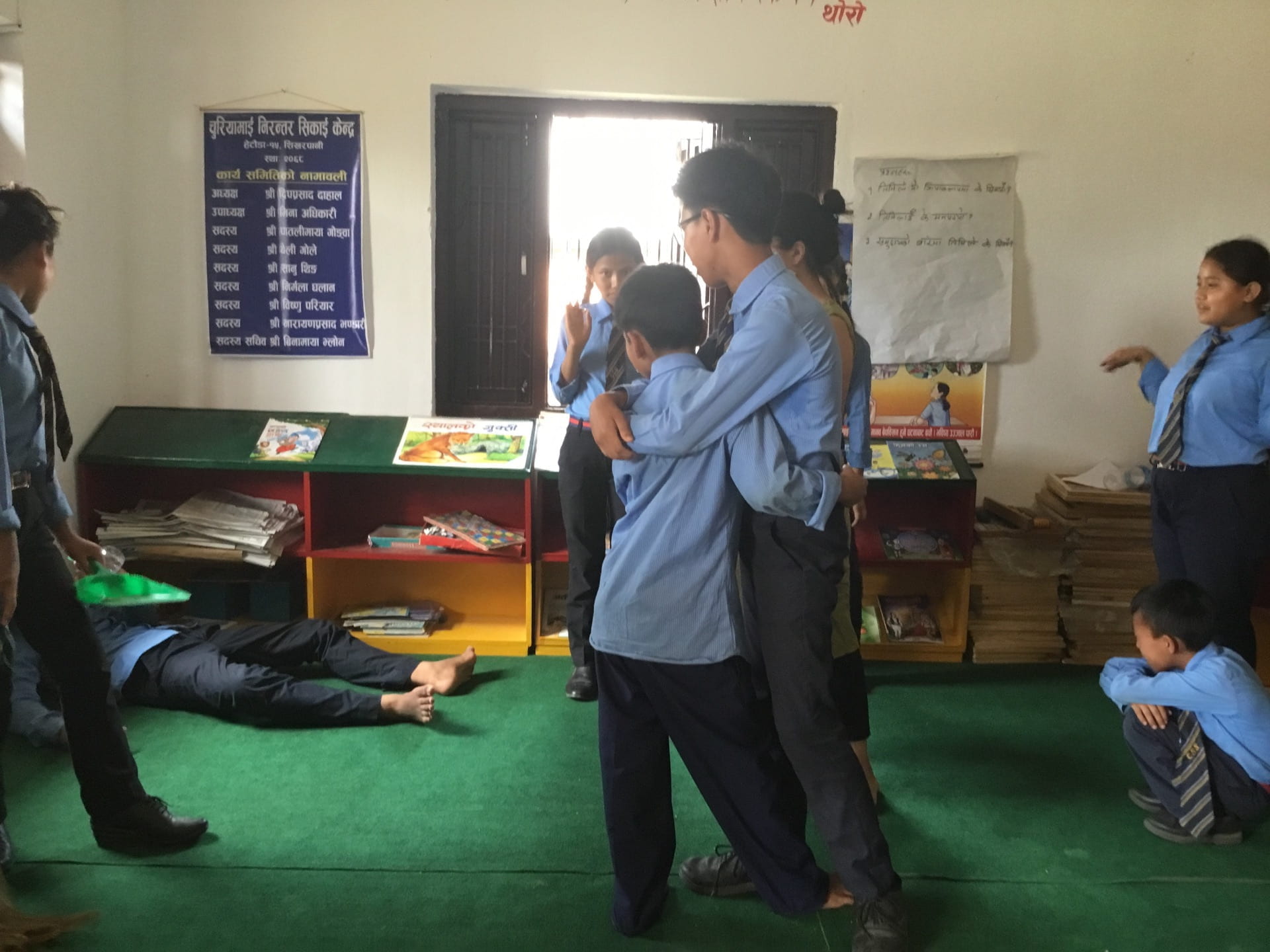Latest posts
- Press: Art-based Pedagogy for the freedom of thought and creativity: an alternative approach to implement the Emancipated Curriculum in Indonesia 8 July 2024
- Framing a Mithila art-focused local curriculum in Nepal 4 July 2024
- Photo Storybook of Dēudā Folklore & Social Transformation in Nepal 3 July 2024
- Reflections on piloting lessons for a Nepal Arts Education Framework/Curriculum 28 June 2024
- May-June 2024 Newsletter 23 June 2024
- Teaching Mithila art through a local arts education curriculum: the development of the lessons 19 June 2024
- Final project report: Mobile Arts for Peace (MAP) Large Grant Evaluation – Joint Report 19 June 2024
- Final project report: MAP Large Grant Main Report – Indonesia, Kyrgyzstan, Nepal and Rwanda by Institute for Social Innovation and Impact, University of Northampton 19 June 2024
- Final project report: Mobile Arts for Peace (MAP) University of Edinburgh Large Grant Report: An evaluation of impact of the Medium Grants in Rwanda and Nepal 18 June 2024
- Book chapter: Children, Youth, and Participatory Arts for Peacebuilding: Lessons from Kyrgyzstan, Rwanda, Indonesia, and Nepal 14 June 2024
- Visualising peace in the face of shared suffering 10 June 2024
- Video Introduction to YAAR in Nepal 5 June 2024
Examining Civic National Values in Kenya and Nepal: Why, how and what next?
23rd March 2020
This post was originally published via Changing the Story (CTS)’s #YoungChangemakers series on 1st October 2019, as part of the CTS sub-project Examining the Interpretations of Civic National Values Made by Young People in Kenya and Nepal.
Changing the Story is an AHRC GCRF project which asks how the arts, heritage and human rights education can support youth-centred approach to civil society building in post-conflict settings across the world. The ‘Examining the Interpretations of Civic National Values Made by Young People in Kenya and Nepal’ was closely linked to the methodologies used in the CTS MAP project, and contributed to Nepal becoming one of MAP’s current country focus. Find out more about Changing the Story and see the original post here: https://changingthestory.leeds.ac.uk
Written by Marlon Moncrieffe (University of Brighton), Principal Investigator on the Phase 2 Kenya and Nepal project.
‘Examining Interpretations of Civic National Values made by Young People in Kenya and Nepal’ is led by a consortium of UK, Kenyan and Nepalese partners, a fusion of academics, educators, peacebuilders, civil society organisations and Performance Arts Companies that focus on Theatre.
Our project fuses performance arts methodologies as a pedagogical approach to teaching and learning in primary schools. We provide children with the opportunity to reflect on what they may know of past conflict in their countries, but through their understanding of community peacebuilding in the now, and for the future. This project is centred fully as a comparison of young voices from Kenya and Nepal. However, it is a project that speaks comparatively to the statutory teaching and learning of ‘civic national values’ in UK early years settings, primary and secondary schools through the notion of ‘Fundamental British Values’. These have emerged from more recent and current times of social and religious conflict and are stated as: democracy; the rule of law; individual liberty; mutual respect for and tolerance of those with different faiths and beliefs and for those without faith. The statutory teaching of these is aimed at preventing radicalisation in young people and seeks to foster a universal sense of connection and belonging to national identity.
Our decision to develop a comparison of educational responses to teaching and learning about civic national values in Kenya and Nepal was associated with commonalities to the UK context, but more specifically to congruency identified in Kenyan and Nepalese policies for post-conflict citizenship education. This is identified by the discourses of ‘values’ education. In Nepal, this includes the stated provision of ‘Moral Education’ for the teaching of ‘citizens in the community’ ‘civil rights and duties’ (Basic Education Curriculum, 2018). In Kenya the notion of developing ‘Engaged, Empowered & Ethical Citizens’ emerges from their national policy for ‘Values’ education (Basic Education Curriculum Framework, 2017).
Aims
Our project was interested in achieving the following research aims:
- To empower young people in post-conflict settings to develop and advance their thinking about the past, present and future possibilities of peacebuilding through theories of ‘reflection’, in our case using the method of a reflective diary.
- To explore how young people in post-conflict settings interpret and communicate civic national values supported by their application of varied performance arts-based tools and techniques.
- To examine the perspectives of teachers on civic national values including the varied ways they share these narratives with their learners.
- To facilitate our research partners to continuously analyse, reflect on and conceptualize their understandings and shared communications of civic national values for advancing future policymaking through a performance arts-based ‘scheme of work’, that can be applied locally, nationally and internationally in comparative contexts.
Methods
Our project created a four-part Scheme of Work (SoW). These were lesson plans written by the project team that sought to embellish current aims and objectives of values and citizenship education policies each country. We worked with teachers from primary and secondary schools in Nepal and Kenya and tested the processes of the Scheme of Work. The teachers facilitated their students who reflected on their experiences of ‘community’ and project ideas of and ideal community through their own notions of ‘tolerance’ and ‘mutual respect’. Lesson one and Lesson two both encouraged the young people to reflect on their locality; to articulate and record their experiences of community; cultural and ethnic differences and similarities; and cultural identity and citizenship. These lessons sought to develop thinking, discussion and shared articulation on values such as ‘tolerance’ and ‘mutual respect’ at a micro community level. Participation by young-people and teachers were also filmed by the project team. Lesson three helped the young people to turn their ideas from Lesson one and Lesson two into action and performance. This approach was facilitated by professionals from performance arts organisations: Zenn Theatre Company (Kenya) and Mandala Theatre Company (Nepal). The performances generated by the young people were then captured on film.

Credit: Marlon Moncrieffe
Discussion
There are many comparative opportunities for our project. In each country, we managed to apply the Scheme of Work in two very different schools (urban and rural) (state and private). This allowed us to understand more about the pedagogical variations adopted by teachers in each school with further comparisons of traditional to experimental approaches in teaching and learning. The cultural capital of the teachers and the students were also significant factors in determining the engagement with the Scheme of Work. We ensured that the Scheme of Work document was written in three different languages: English, Nepali and Swahili. This ensured connection and equity in empowering all teachers to facilitate the lesson plans.
Our Civil Society Organisation participants in attendance as spectators were keen to learn more about the research process. This project has brought for them an alternative approach in the selection of performance arts tools in relation to education and peacebuilding with young people (For more on this read the blogs by two young changemakers working on the project). Although the practices and approaches were new to so many, the participants actively engaged with activities using Ipads as their digital diaries of reflection, and participatory approaches founded on child-centred teaching and learning.

Credit: Marlon Moncrieffe
[Nepal explosion kills four in capital] This incident occurred as we began our research in Nepal. As a team it made us critique the term ‘Post-Conflict’ especially where we were told that the suspects of the attack were Maoist Splinter Group linked closely to deep conflict of the past. It reminded us the issues faced by people in this country are indeed relatively current. The explosions caused deaths and a resulting ‘strike’ which slowed Kathmandu. Lack of transport to the city and within it prevented teachers and partners from attending our pre-conference meeting and seminar session.
From gaining our data we reminded ourselves not to draw generalisations from two schools in each country, but to think more carefully about how we assess the children’s work through the processes of the SoW. We also reminded ourselves that a critical stance must be adopted towards our SoW. We see our project both as a research and development project.
Next steps
The aim of Lesson 4 is for the films made to date to shown at each school. Following this, the young people involved will write their reflections; the aim being to share their thoughts on the cross-cultural exchanges and their new knowledge and interpretations of civic national values through hearing the voices of their peers in hard to reach parts of their country. What are the commonalities in their voices? What do they learn from each other about community, mutual respect and tolerance? Lesson 4 will facilitate thinking, discussion and shared articulation on how young people’s interpretations of civic national values can be advanced further towards a sense of connection and belonging with national identity at a macro community level.






